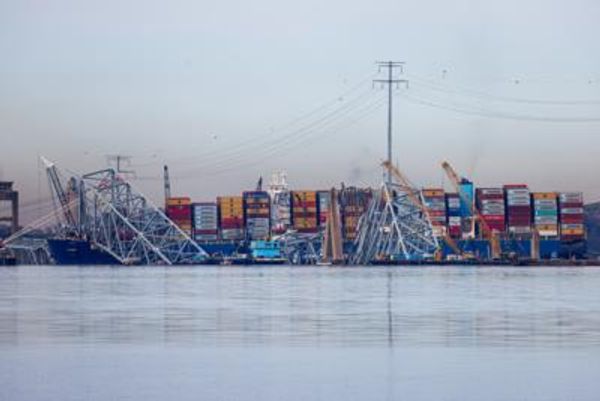Amidst concerns over a strain in the India-U.S. relationship over comments ahead of the general elections, two high-level visits are being planned between Delhi and Washington, sources confirmed to The Hindu. Foreign Secretary Vinay Mohan Kwatra is “likely” to visit the U.S. mid-April for consultations with the U.S. State Department, and both sides are also trying to schedule a visit by U.S. National Security Adviser Jake Sullivan to Delhi, the sources said.
Mr. Sullivan was due to visit Delhi in February for an annual meeting of the Initiative on Critical and Emerging Technologies (iCET) launched last year during National Security Adviser Ajit Doval’s visit to Washington. He was also due to address the Raisina Dialogue during the visit, but both engagements were cancelled as he was asked to focus on West Asia amidst growing tensions over the Israeli bombardment of Gaza at the time.
Sources said that the U.S. and India have been working on a “mutually agreeable date” for iCET discussions and that they “hope to have that finalised soon”. While here, Mr. Sullivan is also expected to discuss a number of other issues in the India-U.S. strategic partnership, including cooperation in the Indo-Pacific and on the Red Sea attacks, Quad cooperation, and defence deals, including the recently cleared US $3.99 billion deal for predator drones as well as plans for the fighter jet-engine technology deal between GE and HAL. In addition, the Narendra Modi government has been keen to attract strategic investments from high-tech U.S. companies, announcing a significant policy change on March 15 for lower tariffs on imports for Electronic Vehicles (EV) manufacturers, particularly aimed at U.S.-based businessman Elon Musk’s Tesla.
Planning for the visits came as India protested the U.S. State Department’s repeated reference to political developments in India. Last Tuesday, the Ministry of External Affairs (MEA) had summoned a senior U.S. diplomat and conveyed the government’s “strong objections” to the State Department spokesperson’s comments raising concern over the arrest of Delhi Chief Minister Arvind Kejriwal. On Thursday, the MEA issued another strong missive after the State department compounded its remarks, adding a statement of concern over the freezing of funds of the Opposition Congress party as well. Calling the U.S. remarks “unwarranted”, MEA spokesperson Randhir Jaiswal called on the U.S. to be respectful of India’s “sovereignty and internal affairs” as a “fellow democracy”. This week, External Affairs Minister S. Jaishankar also countered remarks by U.S. Ambassador to India Eric Garcetti’s comments in an interview to news agency ANI about U.S. allegations that Indian government agents had plotted to assassinate Khalistani separatist leader Gurpatwant Singh Pannun in New York, which he had called crossing a “red line”.
“The U.S. Ambassador, obviously as an Ambassador, will say what is the thinking of his government, I will say what is the position of my government,” Mr. Jaishankar said at a press conference on Monday. “In this particular case (Pannun case), there has been certain information provided to us that we are investigating. And it is something we are investigating because we believe our own national security interests are involved in that investigation,” he said.
Discounting the frictions, however, U.S.-India Strategic Partnership Forum president Mukesh Aghi said that the concerns over the democratic processes in India came mainly from the “Left-leaning side” of the ruling Democratic party, and would not have a long term impact on bilateral ties.
“The fact is U.S. and India are very much aligned, and ties are more cohesive on a daily basis as they cooperate on technology, investments coming through, as more U.S. companies look at making India a critical part of their secure supply chains,” Mr. Aghi told The Hindu during a visit to Delhi this week. “I don’t think we should take it in a negative way that U.S. President Biden didn’t visit in January or NSA Jake Sullivan cancelled his trip in February. I think they have urgent fires to deal with in an election year — in Gaza, Ukraine, on the Houthi attacks in the Red Sea, and that’s the main reason [for the visits being put off],” he added, calling India a “comfort zone” for the U.S.







